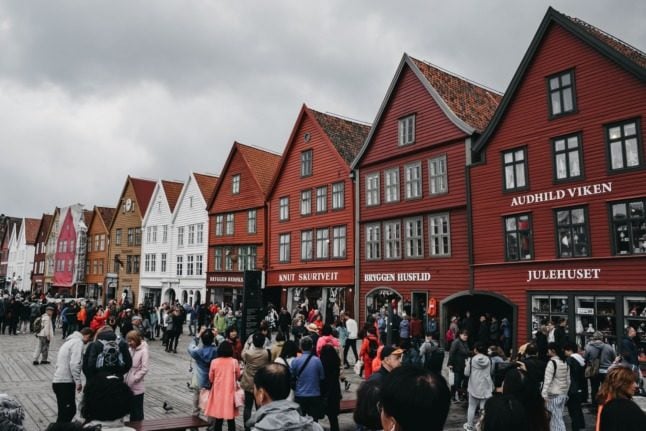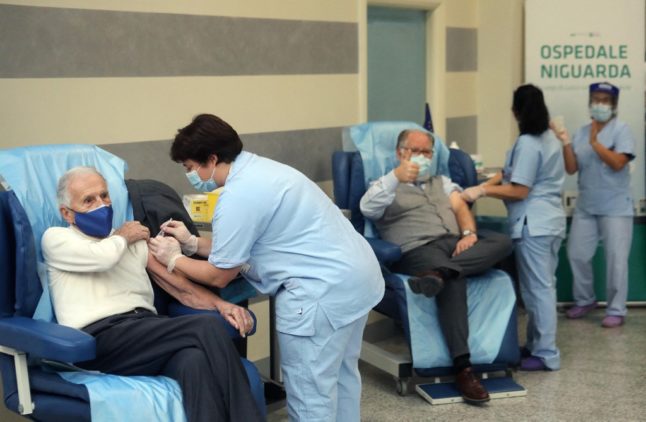The Norwegian government has announced new isolation rules to try and prevent the spread of the Omicron variant, recently detected in southern Africa and not yet detected in Norway.
“It is likely that the new Omicron variant is more contagious than the Delta variant. The experience from the coronavirus pandemic so far is that virus variants with increased infectivity will spread to all countries, including Norway. To limit and delay the spread in this country, we are therefore introducing a number of offensive measures,” health minister Ingvild Kjerkol said in a government announcement.
People who test positive for the Omicron coronavirus variant will need to self-isolate for seven days, as well as those believed to be infected with the variant.
Infection quarantine will also be enforced on household members of those infected with the Omicron variant. The isolation period will last for ten days, and those quarantining will be required to take a PCR test as soon as possible and once again on day seven.
Close contacts will also need to take a PCR test on days three and seven, and if possible, avoid close contact with other people until the first test returns negative.
These measures will apply regardless of vaccination status or immunity built up through prior infection. However, the new rules won’t apply once it’s proved that the infection is not the Omicron variant.
The regular rules, which differ depending on vaccination status, apply to those who test positive with other variants.
READ ALSO: ‘Concerning’ Omicron variant could lead to tighter Covid-19 rules in Norway
The new isolation rules follow new border restrictions introduced against several African countries this weekend.
On Monday, the World Health Organization said the new Covid-19 Omicron variant poses a “very high” risk globally and stressed that uncertainties remained about how contagious and dangerous the strain was.
“If another major surge of Covid-19 takes place driven by Omicron, consequences may be severe,” WHO said in a technical note, adding though that “to date, no deaths linked to Omicron variant have been reported.”



 Please whitelist us to continue reading.
Please whitelist us to continue reading.
Member comments